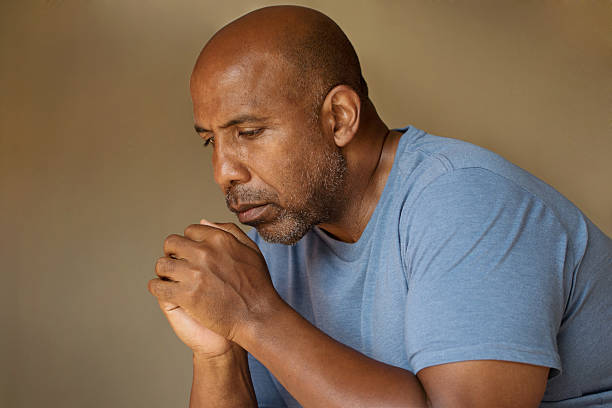
A lot of people are familiar with the characteristic symptoms of a stroke – difficulty speaking, numbness on one side, and drooping on one side of the face. However, these aren’t indicative of the less common type of stroke. According to the American Heart Association, 800,000 Americans have silent strokes each year and don’t even know it. Since these strokes are far from harmless, you must know the signs to look out for.
5 Signs Of A Silent Stroke
1. A Brief Fainting Spell
Depending on the area of your brain that’s affected, you might lose consciousness briefly. Since this isn’t often associated with a stroke, some people assume they’re stressed or need to eat something. Regardless of how long it lasts, loss of consciousness is always a cause for concern.
2. A Sudden Lapse In Balance
As with all types of strokes, a silent stroke can happen suddenly. One symptom you may notice is suddenly losing your balance when walking. It’s possible to interpret the loss of balance as tripping or just being clumsy, but it could be much more.
3. Not Understanding What Is Being Said
If you’re in the middle of a conversation or listening to the radio, you should be concerned if you’re no longer able to follow what’s being said. Some people don’t understand the words, while others have a hard time following the conversation. Others suddenly can’t remember the point of the exchange or what was said before.
4. A Sudden Mood Change
Different conditions can cause sudden mood changes. However, if it hasn’t happened to you before, you should take note. A silent stroke can cause a drastic but temporary shift in mood.
5. Slight Cognitive Issues
This symptom can manifest in different ways. Some people suddenly have a problem reading the words in front of them, while others can read them but have trouble writing them down. If this ever happens to you, see your doctor immediately.
RELATED: Silent Strokes Are More Common Than We Think!

Why You Shouldn’t Ignore Silent Strokes
Doctors are quick to point out that being silent doesn’t mean the stroke hasn’t done any damage. In a silent stroke, the blood supply is cut off from a small or localized area of the brain. That leads to minor symptoms that can be easily dismissed, especially in older adults.
It’s important to note that just because the damage is minor, it doesn’t mean you should ignore it. Studies show that having one silent stroke opens the gateway for more of them. They also increase your likelihood of having a major stroke.
Additionally, strokes are heavily linked to heart attacks, so if you’ve had several silent strokes, you may be on your way to having a heart attack too.
RELATED: 5 Signs You’ve Already Had A Stroke and Didn’t Know It
Why Black People Need To Talk To Their Doctors Right Now
When it comes to strokes, the statistics for Black Americans are fairly dire. Black people are at a higher risk of having strokes than other ethnicities. Additionally, Black men are 70 percent more likely to die from stroke complications than others, while Black women are at a 30 percent higher risk.
Some factors that affect this outcome are underlying conditions such as diabetes, high blood pressure, and obesity. To make matters worse, if you have a family history of strokes or have had strokes before, you’re more likely to have them. Given that many Black people have had strokes, especially silent ones, you could be at a higher risk than you realize.
The best thing to do is to talk to your doctor about getting a thorough assessment. It’s difficult to diagnose a silent stroke without a brain scan, so you should ask about getting one. These scans can tell your doctor if you’ve had a silent stroke as well as how many you have had. You can then work on preventing others.
Silent strokes affect hundreds of thousands of Americans each year. However, it’s believed that it isn’t the final number because the symptoms of a silent stroke are easy to miss or ignore. If you’ve experienced any of the ones listed here, though, you need to talk to your doctor immediately before things get any worse.








